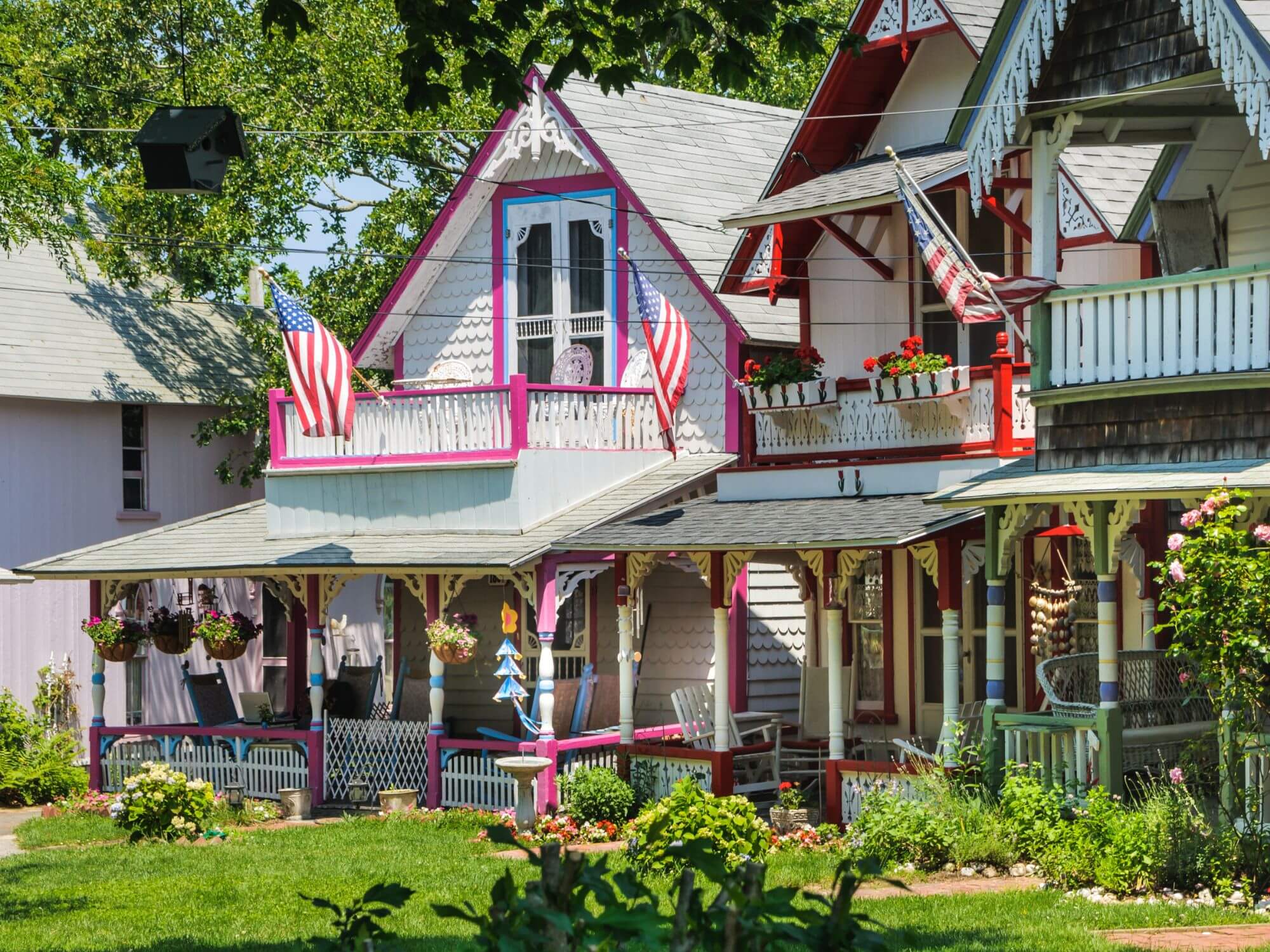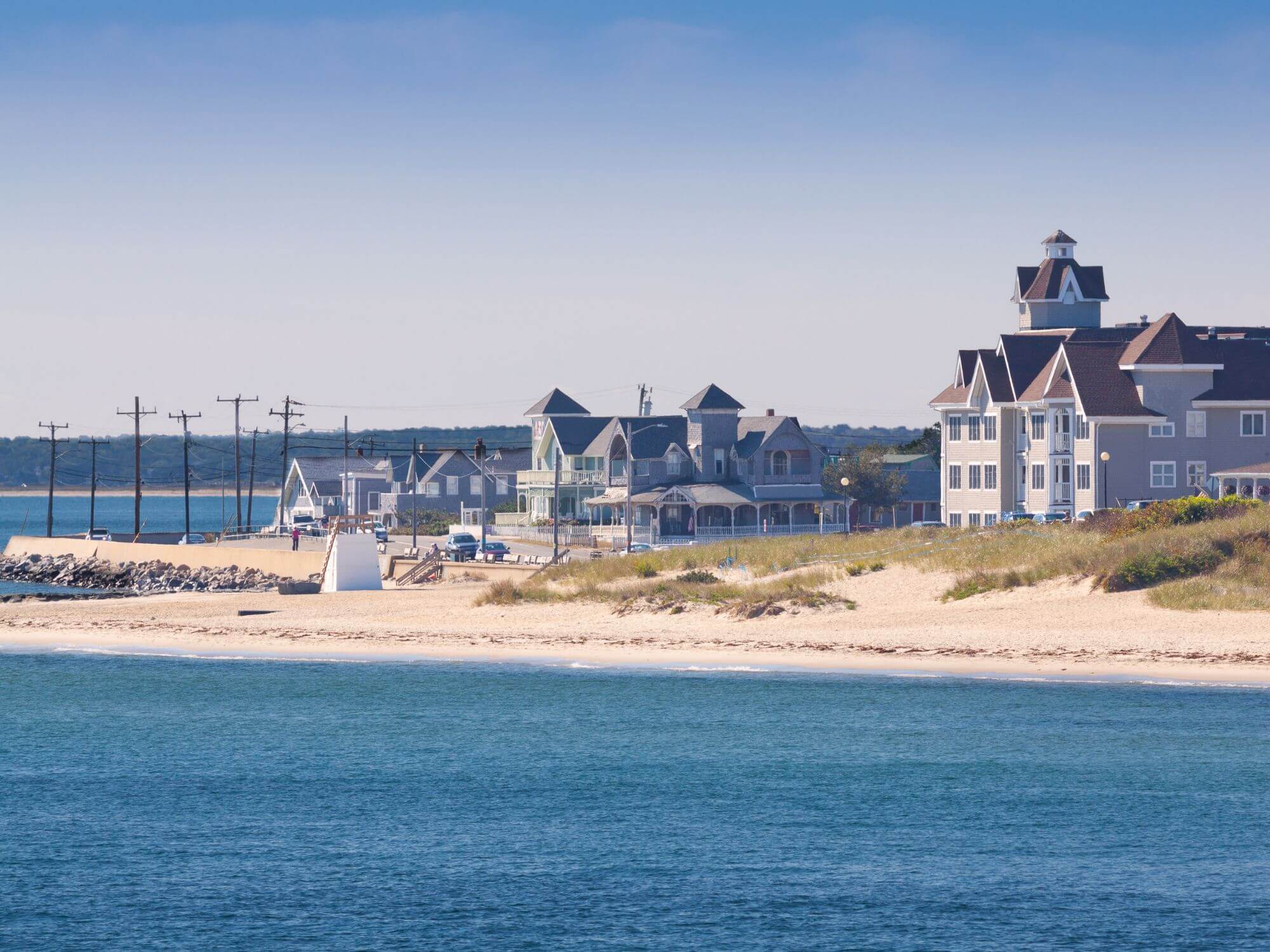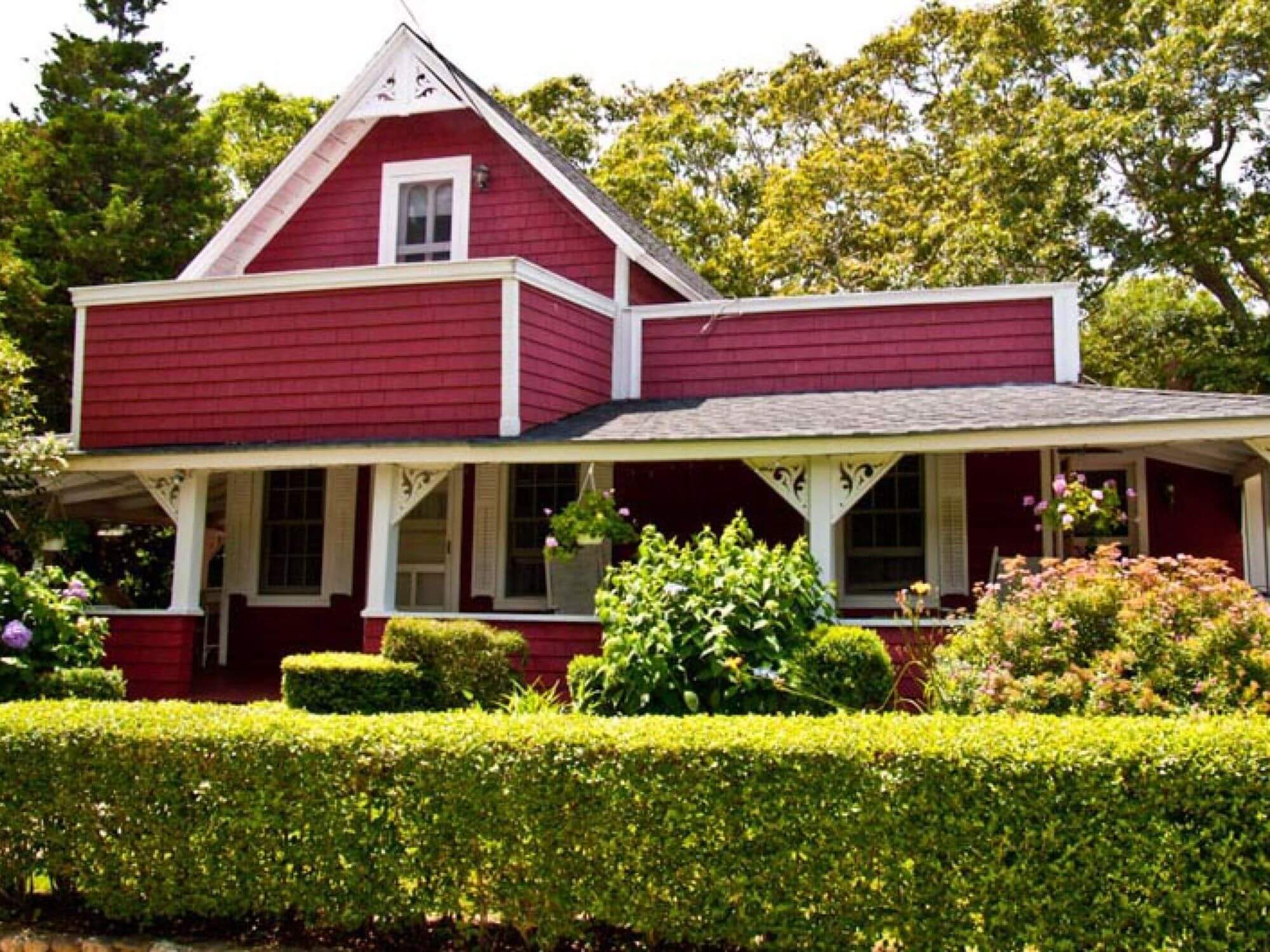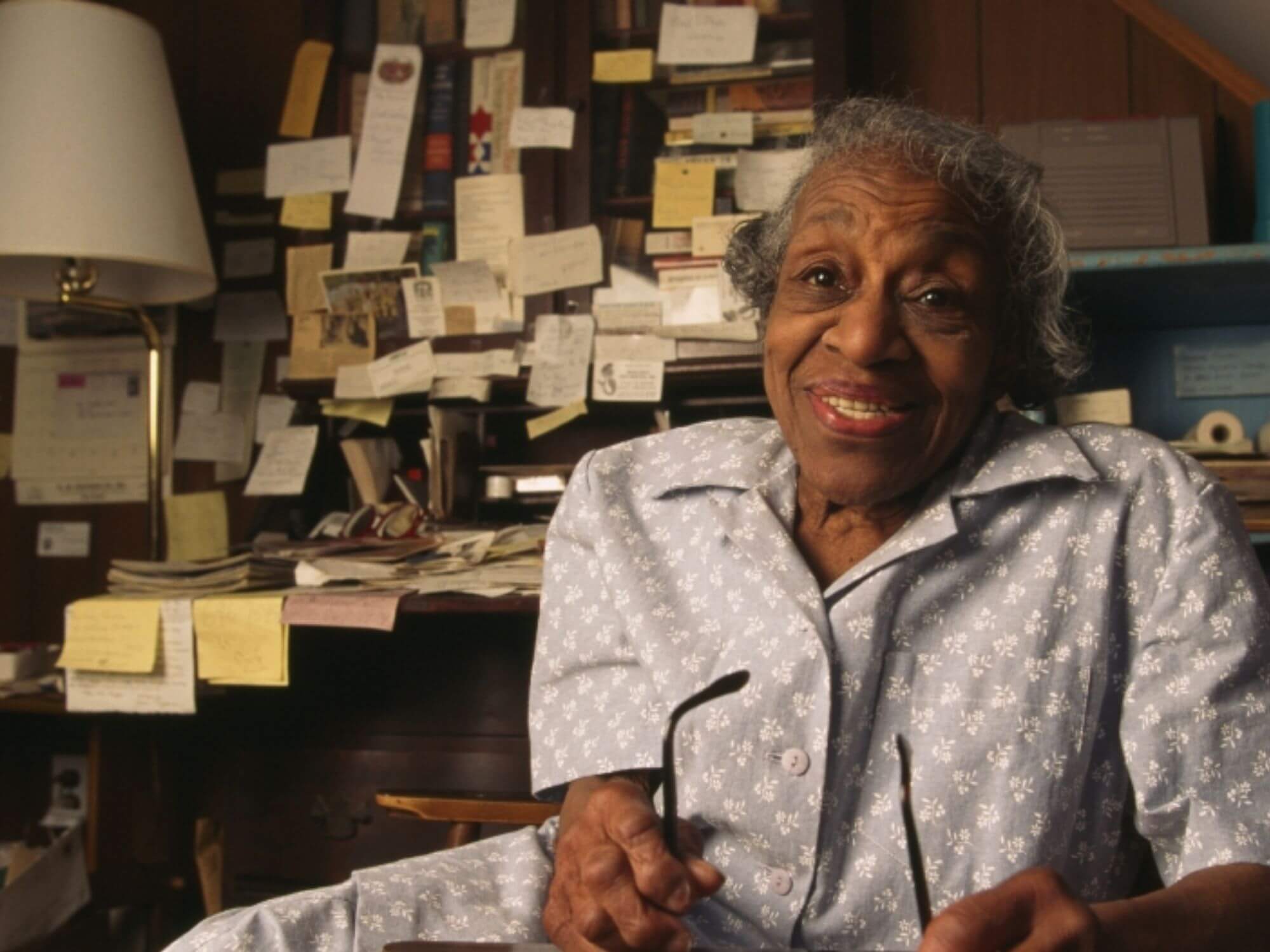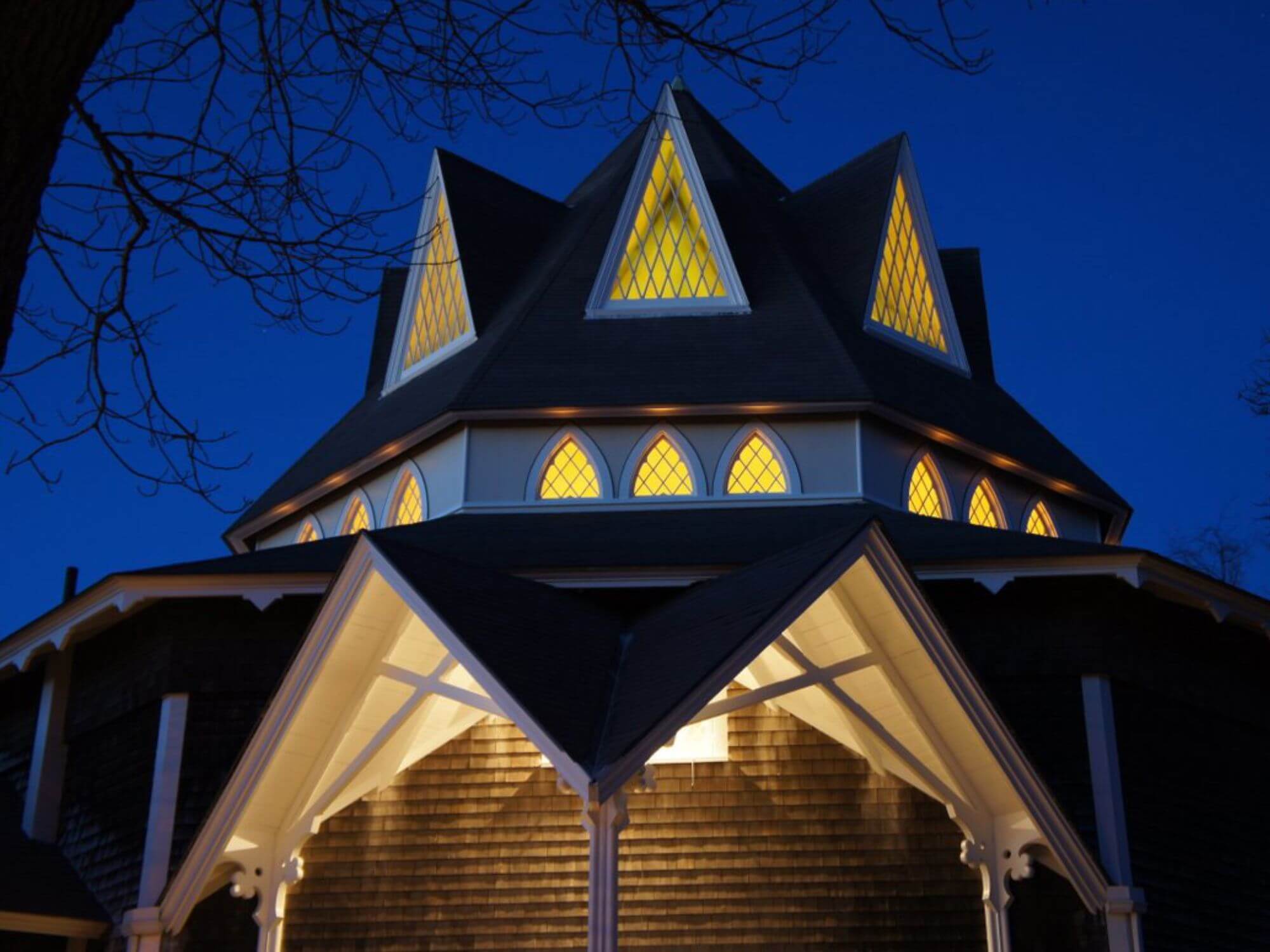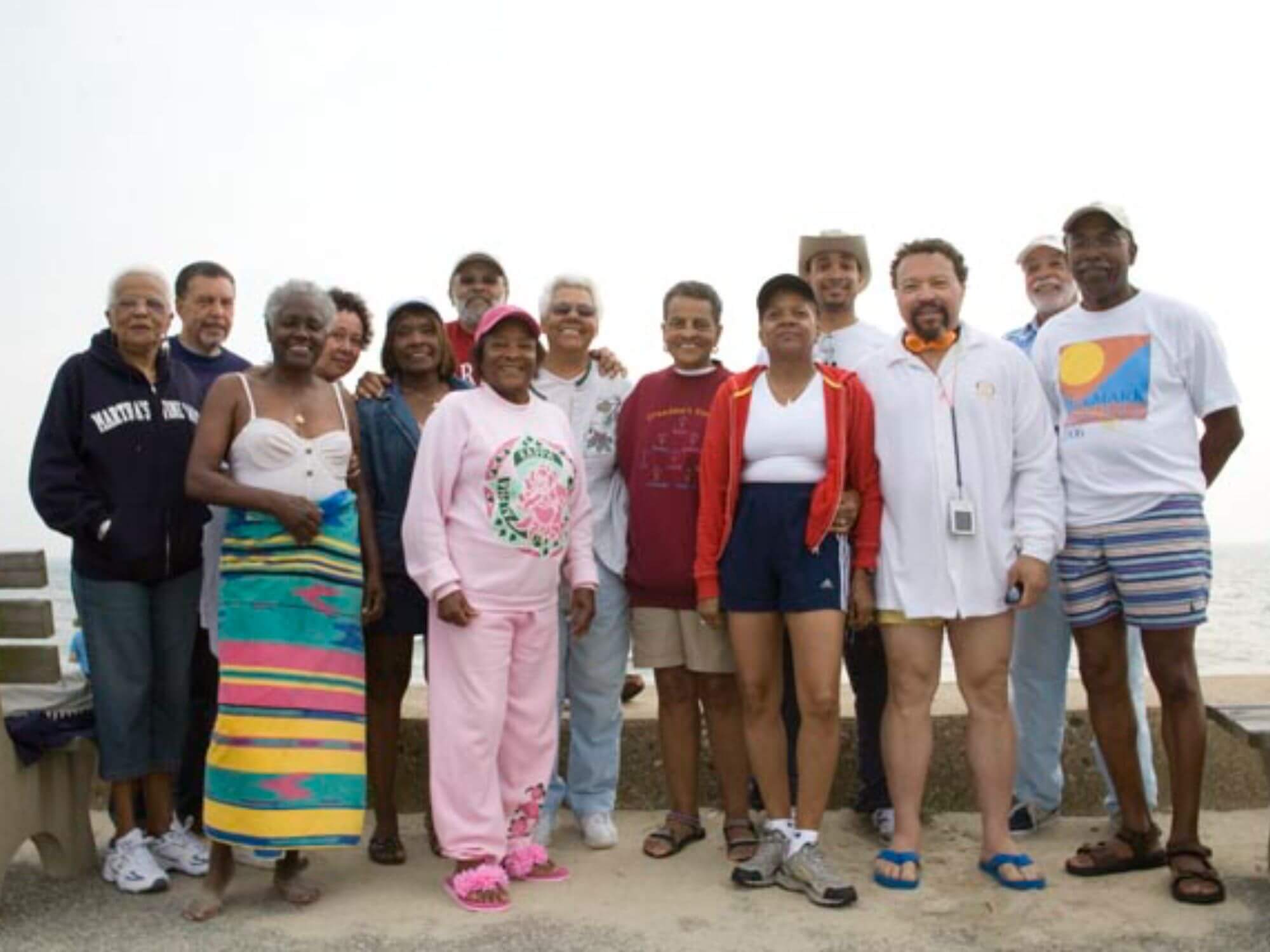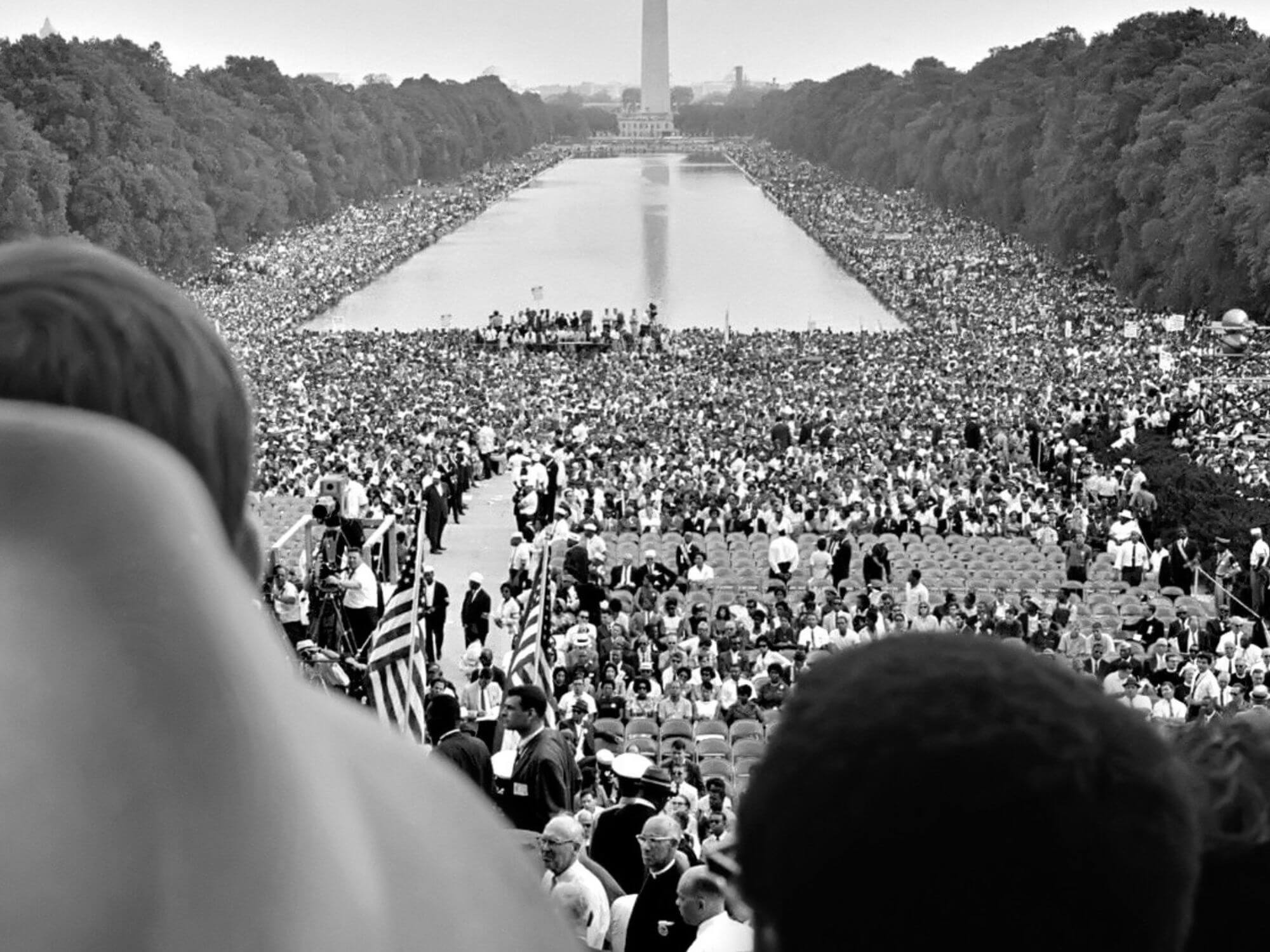10 Historical Facts About Black History on Martha's Vineyard
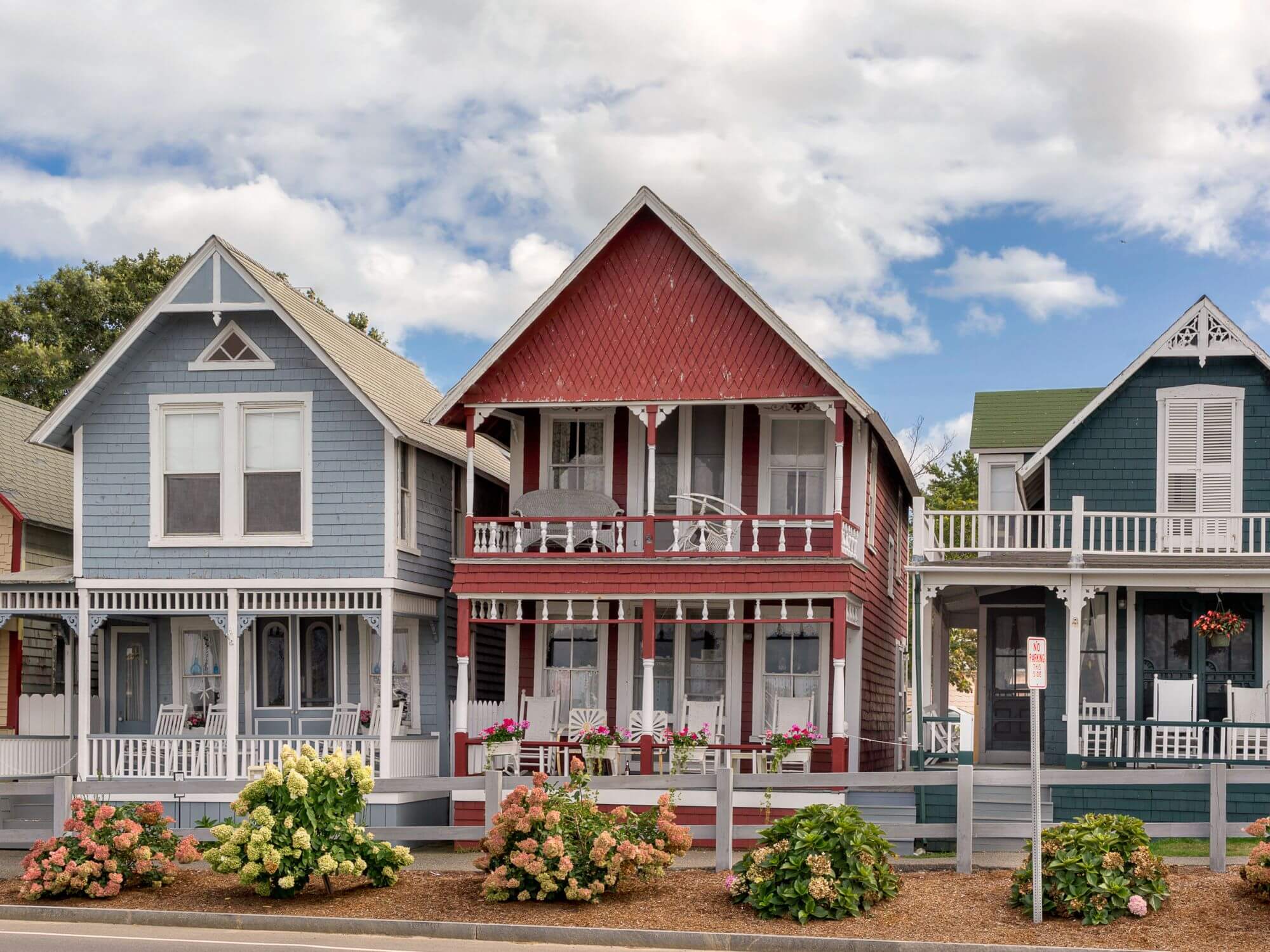
Martha's Vineyard, known for its picturesque landscapes and charming towns, also boasts a rich and diverse history. Among its many stories are significant contributions and milestones in Black history. In honor of the island's Juneteenth celebration, here are ten historical facts that highlight the profound impact and legacy of the African American community on this iconic island.
1. The Legacy of Oak Bluffs
Oak Bluffs, one of the most vibrant towns on Martha's Vineyard, has a long-standing tradition as a summer haven for African Americans. During the early 20th century, it became a popular destination for middle-class Black families seeking a reprieve from segregation and discrimination. This tradition continues today, with Oak Bluffs serving as a cultural hub for African Americans.
2. The Harlem Renaissance Connection
Many prominent figures of the Harlem Renaissance, including poets, writers, and musicians, frequented Martha's Vineyard. Langston Hughes, a leading poet of the era, was known to visit the island, finding inspiration in its serene environment and engaging in intellectual exchanges with other artists and thinkers.
3. The Inkwell Beach
Inkwell Beach, located in Oak Bluffs, has been a central gathering place for African American residents and visitors since the early 20th century. The beach got its name as a subtle nod to the exclusionary practices of the era, and it has since become a symbol of community and cultural pride.
4. The Shearer Cottage
Shearer Cottage, established in 1912 by Charles and Henrietta Shearer, was one of the first inns on the island to welcome African American guests. The Shearers were pioneers in providing a welcoming space for Black vacationers at a time when segregation was widespread. The cottage remains a significant historical landmark.
5. Dorothy West's Literary Contributions
Dorothy West, a notable author and one of the last surviving members of the Harlem Renaissance, made Martha's Vineyard her home. Her novel "The Wedding," set on the island, explores themes of race and class within a tight-knit Black community, drawing on her own experiences on Martha's Vineyard.
6. The Importance of Union Chapel
Union Chapel in Oak Bluffs has served as a spiritual and cultural center for the African American community since its construction in 1870. The non-denominational chapel hosts an array of events, including lectures, concerts, and community gatherings, fostering a sense of unity and continuity.
7. The Contribution of African American Farmers
In the 18th and 19th centuries, African American farmers played a crucial role in the island’s agricultural development. Despite the challenges of slavery and discrimination, these farmers cultivated the land and contributed to the island’s economic growth and sustainability.
8. The Influence of the Polar Bear Club
Founded in the 1940s, the Polar Bear Club is a group of swimmers, predominantly African American, who meet daily at Inkwell Beach for morning swims. This tradition not only promotes health and camaraderie but also serves as a testament to the enduring presence and resilience of the Black community on the island.
9. African American Education Pioneers
In the early 19th century, African American families on Martha's Vineyard advocated for the education of their children. Notable figures such as Nancy Michael, a former slave who became a respected teacher, contributed significantly to the island’s educational landscape, ensuring access to learning for all children.
10. The Civil Rights Movement
Martha's Vineyard played a role in the Civil Rights Movement of the 1960s. The island hosted numerous discussions and meetings involving key figures of the movement. Its relatively progressive stance on race relations provided a supportive backdrop for strategizing and planning efforts to combat racial inequality.
The rich tapestry of Black history on Martha's Vineyard is woven with stories of resilience, creativity, and community. From the cultural hub of Oak Bluffs to the educational strides made by African American pioneers, the island's history is deeply enriched by the contributions of its Black residents and visitors. As we reflect on these historical facts, we honor the legacy and celebrate the vibrant future of the African American community on Martha's Vineyard.






